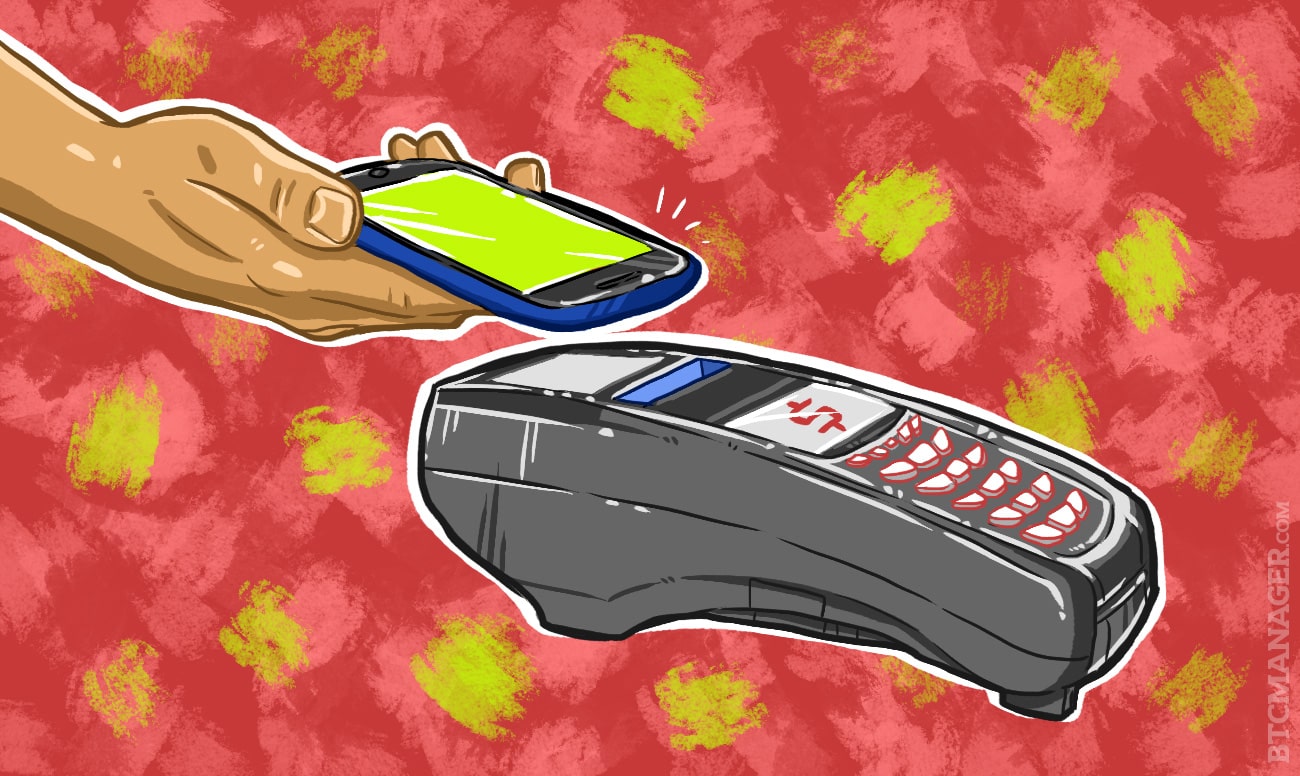Plutus Successfully Tests Bitcoin-based NFC Payment Mobile App

U.K.-based bitcoin startup Plutus.it, the creator of Bitcoin-powered contactless NFC payment application, has recently run a successful test of its mobile app at several NFC-enabled locations, including the American supermarket chain Whole Foods. The platform is still in closed alpha stage of development.
Since the beginning of 2015, the Bitcoin industry has seen a rapid emergence of Bitcoin startups targeting conventional means of payments, such as NFC-based transaction processing applications. Despite the hype and highly anticipated debuts, most of these platforms have failed to capitalize on existing payment networks such as PayPal and credit cards because of their lack of liquidity.
A fairly high number of mobile applications require users to connect with a third-party exchange to cash out their bitcoin or top up their balance on the interface. Plutus, however, has launched its own decentralized bitcoin exchange to improve the user-experience of customers and active traders.
“At first glance, Plutus may seem similar to other Bitcoin payment solutions, but we have developed a clear improvement entirely in tune with the basic philosophy of bitcoin,” Plutus Chief Communications Officer Filip Martinka told BTCMANAGER in an exclusive interview. “While other methods connect to a third-party exchange or hold considerable reserves of bitcoin, Plutus uses its own decentralized exchange to directly connect customers and traders.”
Today, there are more than 21.4 million NFC-enabled point-of-sale terminals around the world. Recent research suggests that the number of NFC terminals will expand at an annual rate of 28.4 percent, to 74.9 million devices by the end of 2019.
Plutus aims to bridge the gap between bitcoin and traditional means of transaction, allowing Bitcoin startups to target a billion dollar market. In the U.S., the majority of merchants and stores with NFC-enabled POS machines and terminals are retail giants, supermarket chains, coffee shops and restaurants. Through the launch of its app called Tap and Pay, Plutus plans to spur mainstream adoption of bitcoin.
“By connecting bitcoin and blockchain technology to existing global NFC payment infrastructure, Plutus opens the doors to shopping with bitcoin at your local store anywhere in the world,” said Martinka. “Once Plutus launches, every NFC terminal will be, for all practical purposes, a bitcoin terminal.”
Another important aspect of the application is its decentralized bitcoin exchange. Over the past few weeks, prominent bitcoin exchanges including Kraken have suffered from a series of extreme DDoS attacks, disabling withdrawals and deposits for days. During such attacks, bitcoin exchanges and platforms may be surprised with a data breach, which could potentially leak private keys of registered bitcoin wallets.
Decentralized bitcoin exchanges, however, are not responsible for holding its customers’ private keys and funds. The implementation of multi-sig technology allows customers to prevent their funds from being frozen or from having their accounts disabled.
“Every aspect of Plutus is designed to be extremely scalable, natively compatible with the Bitcoin blockchain, and as decentralized as technically possible. This, in turn, reduces fees through market pressure and creates a more stable, scalable system without holding any user funds or being exposed to counterparty risk,” said Martinka.










